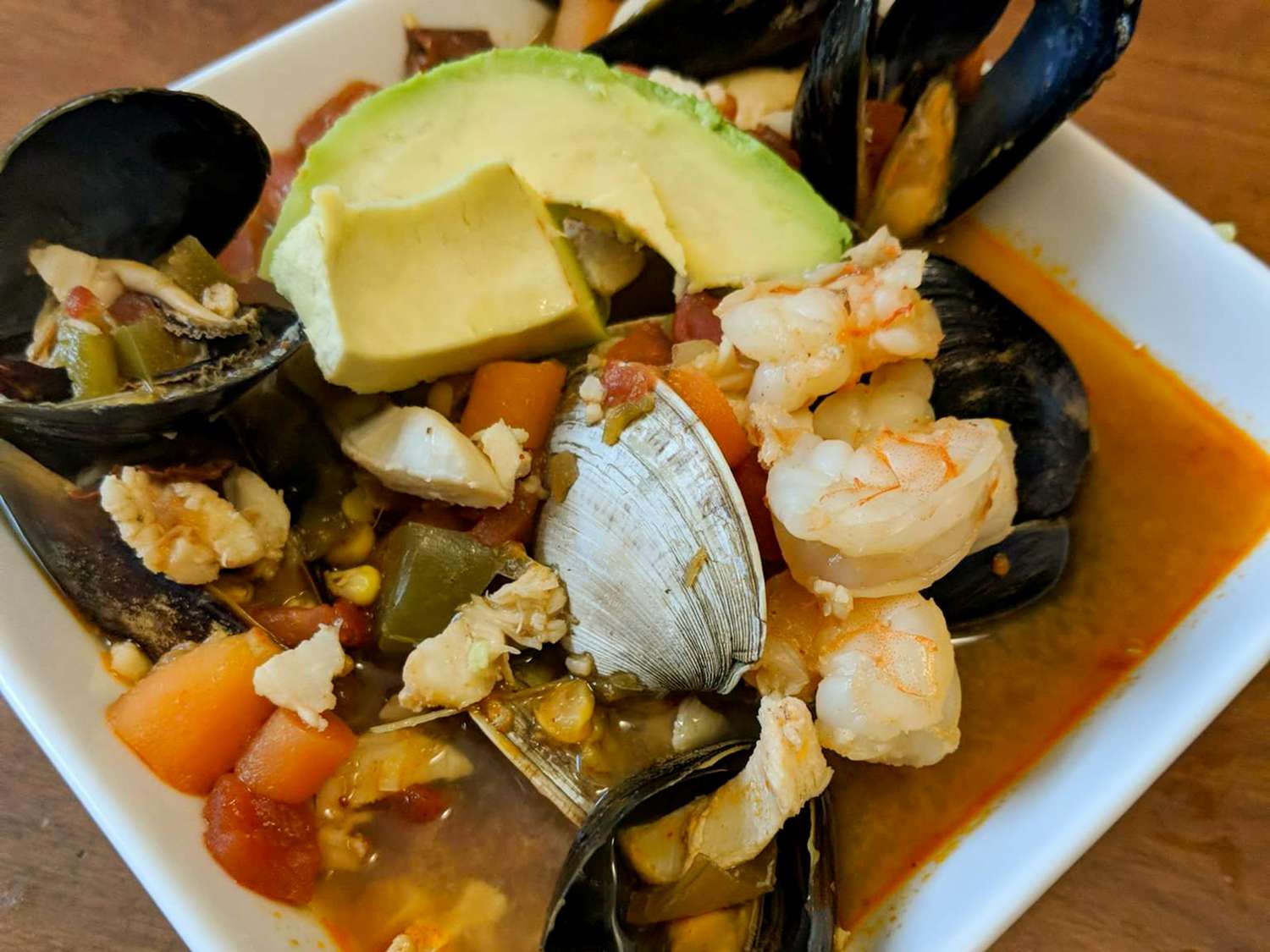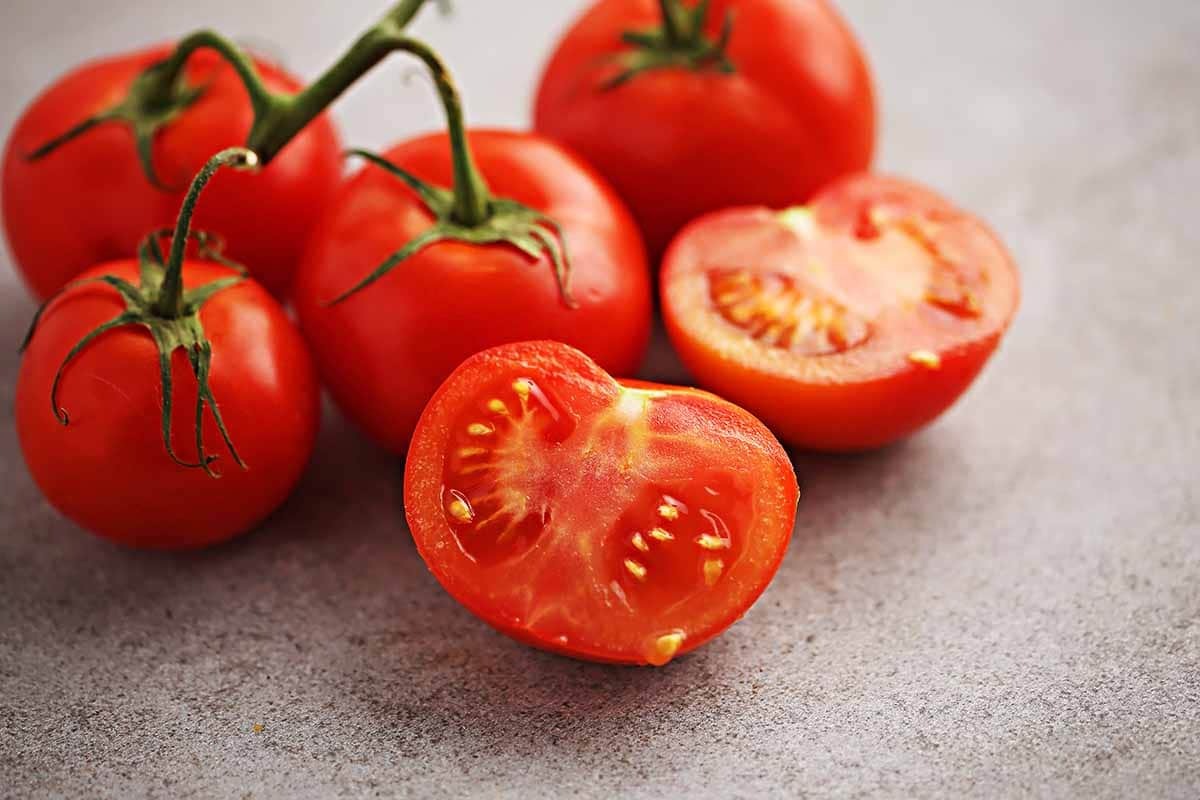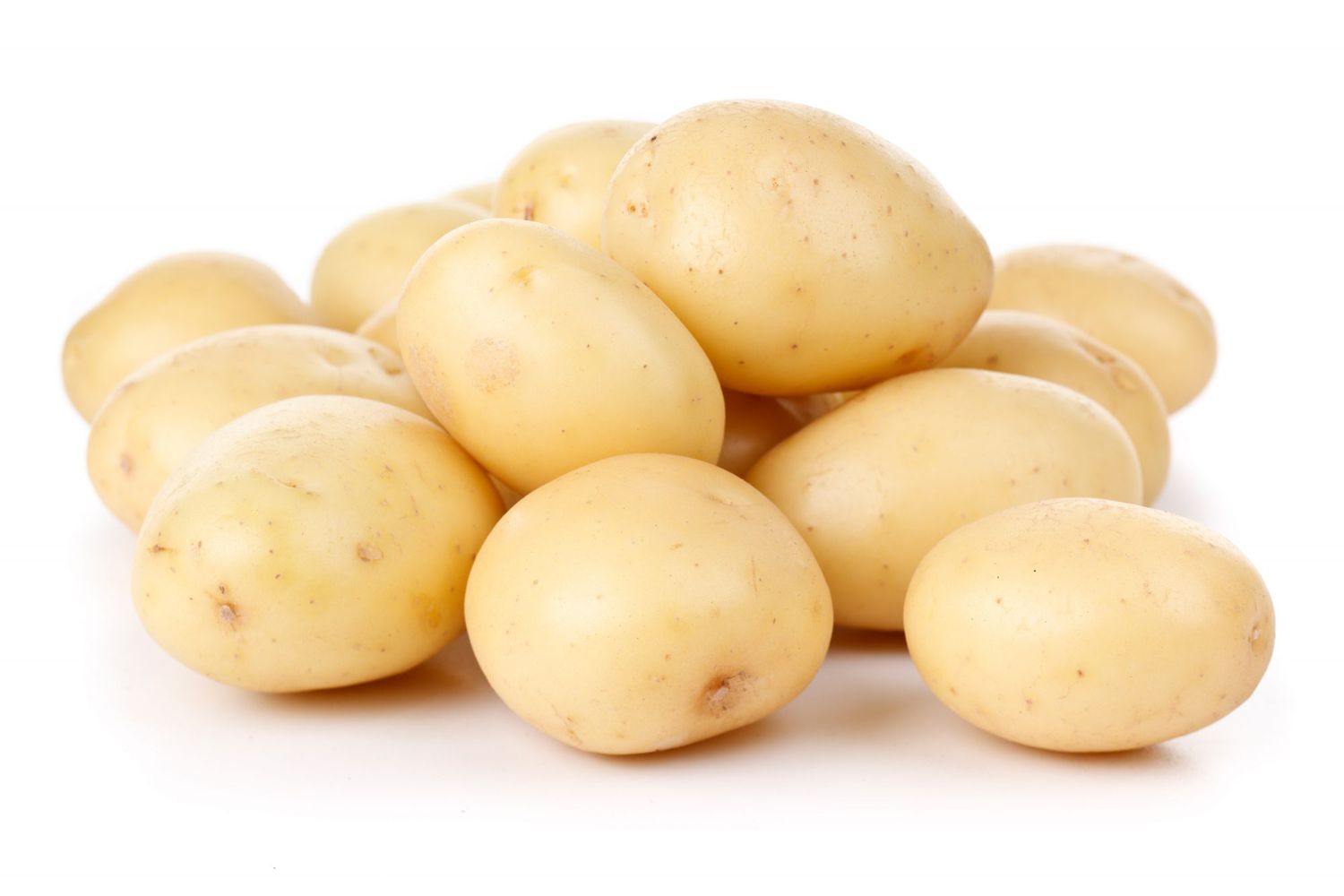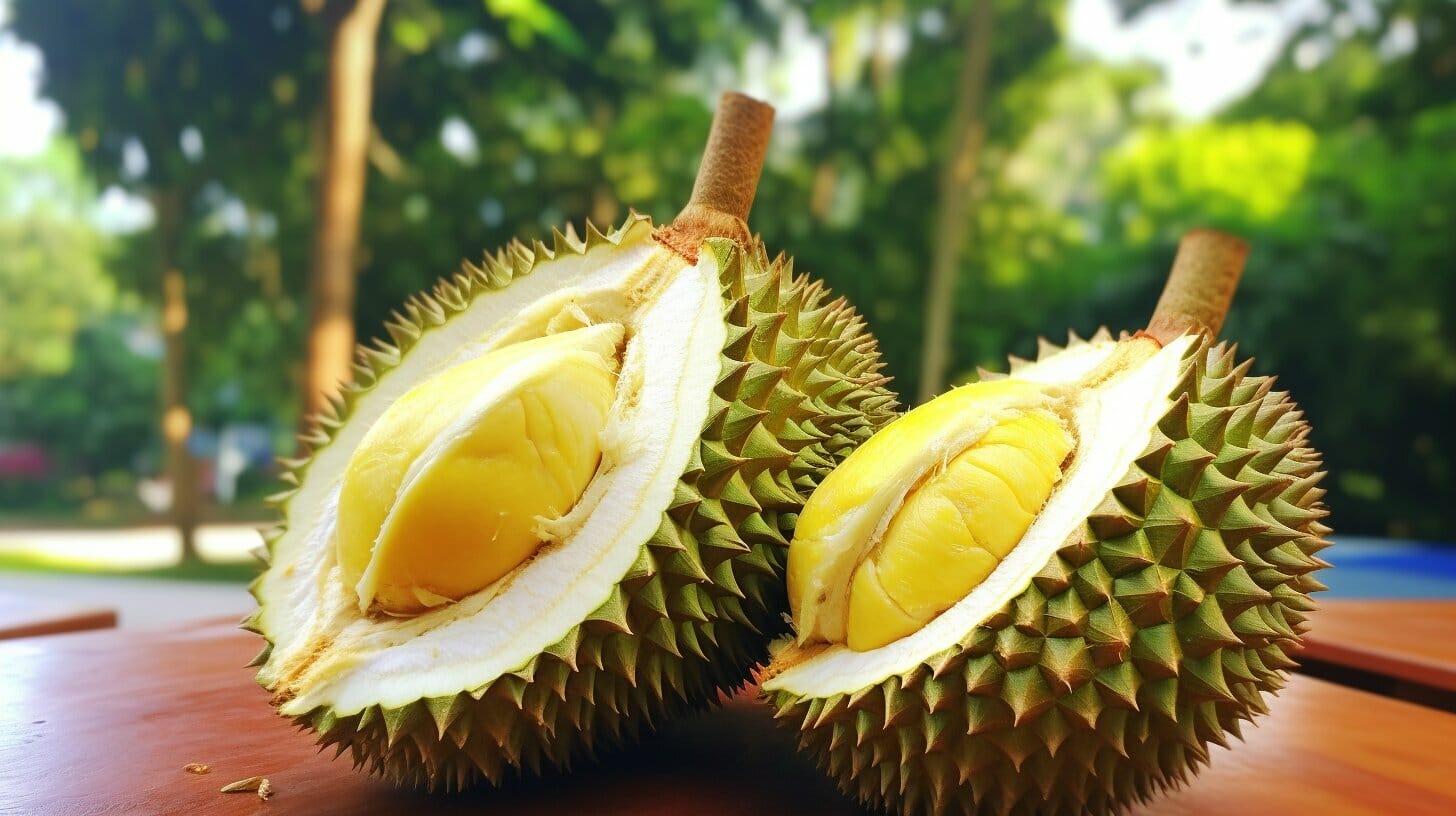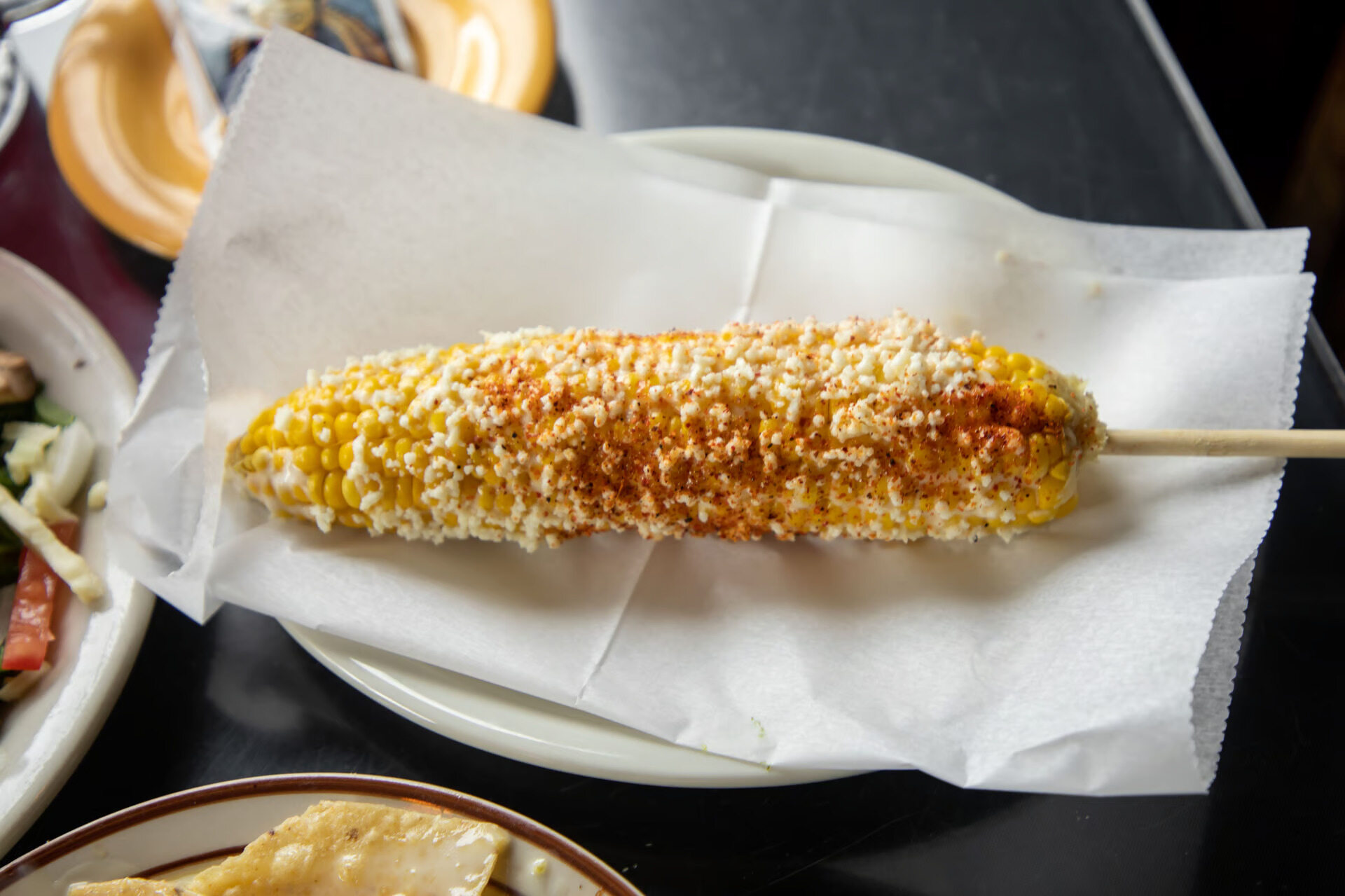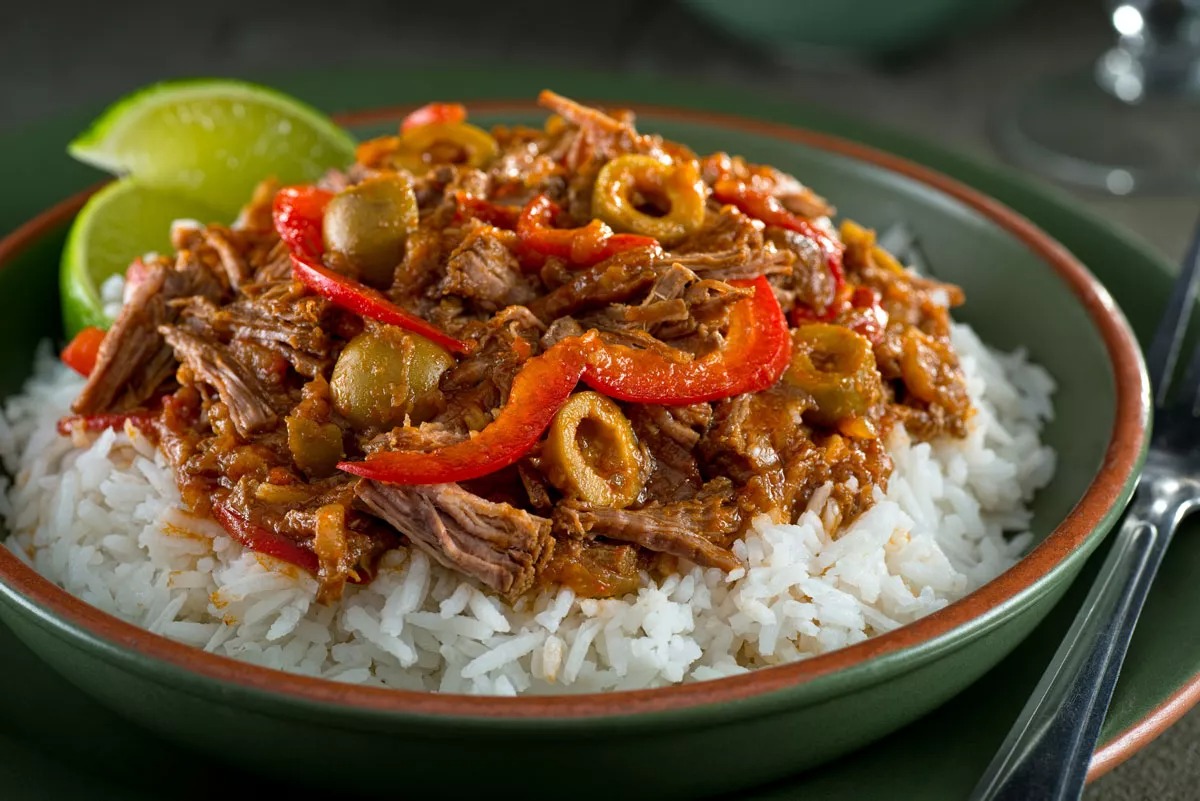Understanding Granulated Sugar Substitutes
Granulated sugar is a common ingredient in many recipes, but for various reasons, some people may need to find a substitute for it. Whether you’re looking to reduce your sugar intake, manage a health condition, or simply experiment with different flavors and textures, there are several alternatives to granulated sugar that can be used in cooking and baking.
Types of Granulated Sugar Substitutes
When it comes to replacing granulated sugar in recipes, there are several options to consider. Here are some popular substitutes:
- Honey: Honey is a natural sweetener that can add moisture and a distinct flavor to your dishes. When using honey as a substitute for granulated sugar, it’s important to reduce the amount of other liquids in the recipe and adjust the baking temperature to prevent over-browning.
- Maple Syrup: Maple syrup is another natural sweetener that can be used as a substitute for granulated sugar. It adds a rich, caramel-like flavor to recipes and can be a great option for pancakes, waffles, and baked goods.
- Coconut Sugar: Made from the sap of coconut palm trees, coconut sugar is a natural sweetener with a lower glycemic index than granulated sugar. It can be used as a 1:1 replacement in most recipes.
- Stevia: Stevia is a zero-calorie sweetener derived from the leaves of the stevia plant. It is much sweeter than granulated sugar, so only a small amount is needed to achieve the desired level of sweetness.
- Agave Nectar: Agave nectar is a sweet syrup made from the agave plant. It is sweeter than granulated sugar, so you’ll need to use less of it when substituting in recipes.
Considerations When Using Substitutes
When using granulated sugar substitutes in your recipes, it’s important to keep a few things in mind:
- Flavor and Texture: Different substitutes can alter the flavor and texture of your dishes, so it’s important to experiment and adjust the quantities to achieve the desired results.
- Baking Adjustments: Some substitutes may require adjustments to the baking time and temperature to ensure that your dishes turn out as intended.
- Nutritional Differences: Each substitute has its own nutritional profile, so consider how it may impact the overall nutritional content of your recipes.
- Sweetness Levels: Substitutes vary in sweetness, so you may need to adjust the amount used to achieve the level of sweetness you prefer.
Conclusion
There are many alternatives to granulated sugar that can be used in cooking and baking. Whether you’re looking for a natural sweetener with a distinct flavor or a zero-calorie option, there are plenty of substitutes to choose from. By understanding the characteristics of each substitute and making the necessary adjustments, you can successfully incorporate these alternatives into your favorite recipes.
Was this page helpful?
Read Next: What Is Hickory BBQ Sauce
